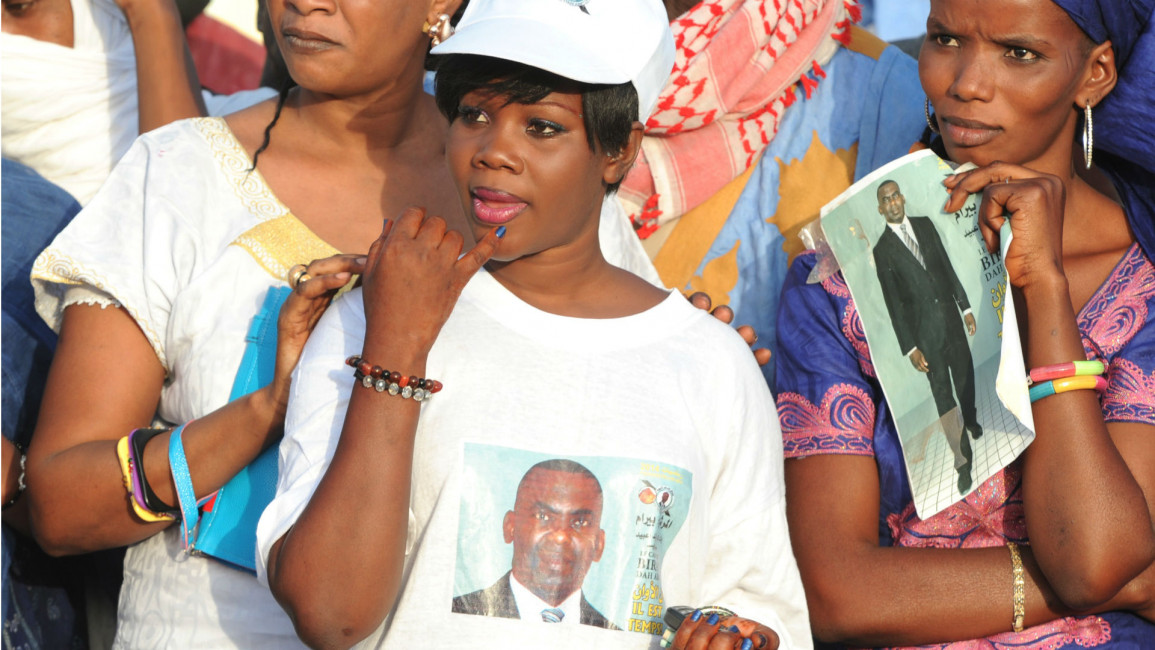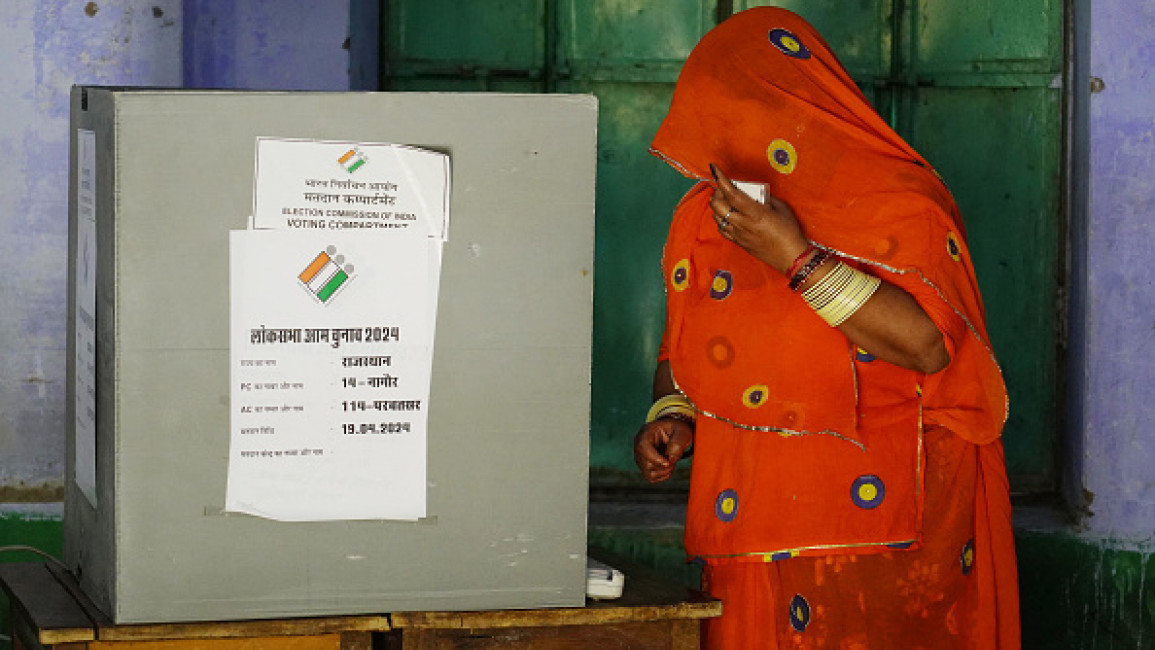Mauritania: A new fight in the battle against slavery
Biram Dah Abeid, the head of the Initiative for the Resurgence of the Abolitionist Movement (IRA), was arrested by Mauritanian authorities on Tuesday.
The former presidential candidate was detained along with a number of IRA leaders on the outskirts of Rosso, southwest of the capital Nouakchott.
The group was part of a convoy raising awareness about slavery in the south of the country.
Mauritanian police stopped the activists before they reached Rosso, the capital of Trarza province, and demanded that the convoy obtain an official permit before entering the city. Security sources said the convoy refused the demands of police and was dispersed by force.
Solidarity demonstration
In response to the arrests, IRA activists organised a demonstration in the centre of Nouakchott on Tuesday evening. Police broke up the protest and arrested a number of protesters.
Biram Dah Abeid is one of the most prominent anti-slavery activists in Mauritania, and has been jailed several times for his so-called radical position against the state.
Religious justification
The IRA has escalated its campaign against a number of religious scholars and imams over the past few days, accusing them of sanctioning slavery and providing religious justifications for the practice.
Some of the movement's leaders have subsequently been arrested, especially for insulting the state mufti, Ahmedu Ould Lemrabott Ould Habib al-Rahman.
Earlier this week, the movement announced a convoy to the agricultural Diffa region, on the northern banks of the Senegal River, to raise awareness of farm labour exploitation by landowners.
Mauritanian authorities have said that they started following a "road map" to "combat the remnants and effects of slavery" in January 2014. But campaigners cast doubt on the political will of the government to combat slavery, and accuse it of failing to implement appropriate legislation.



